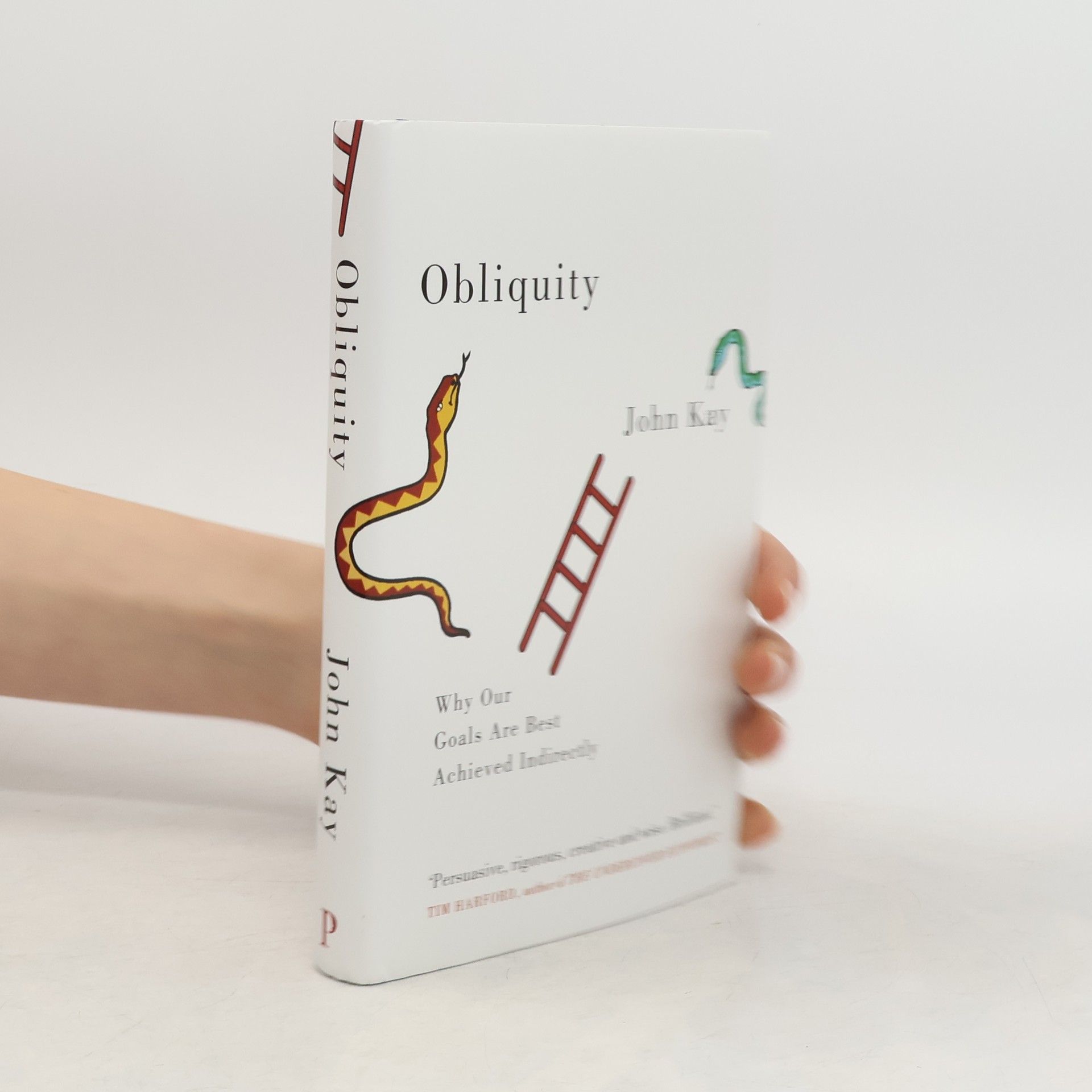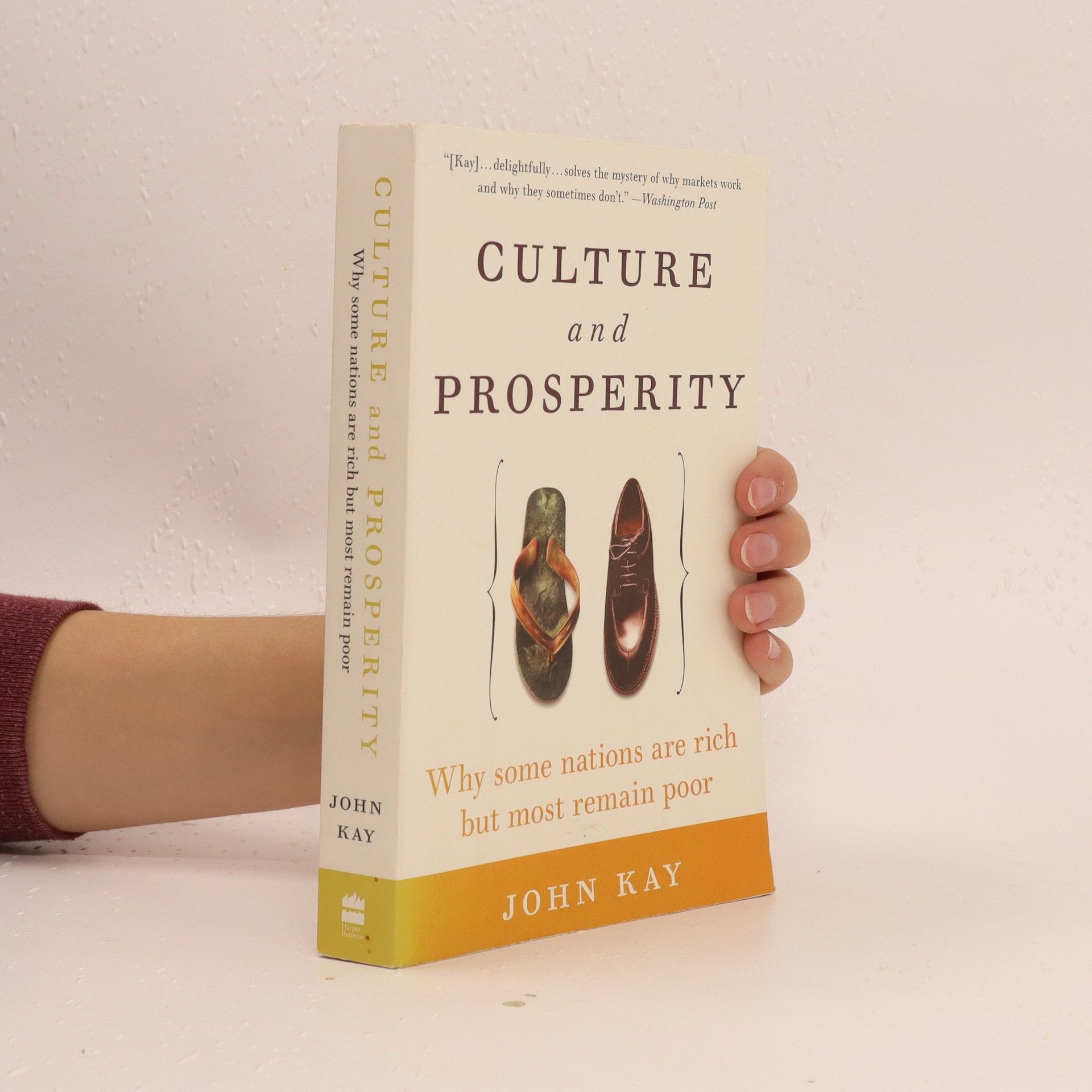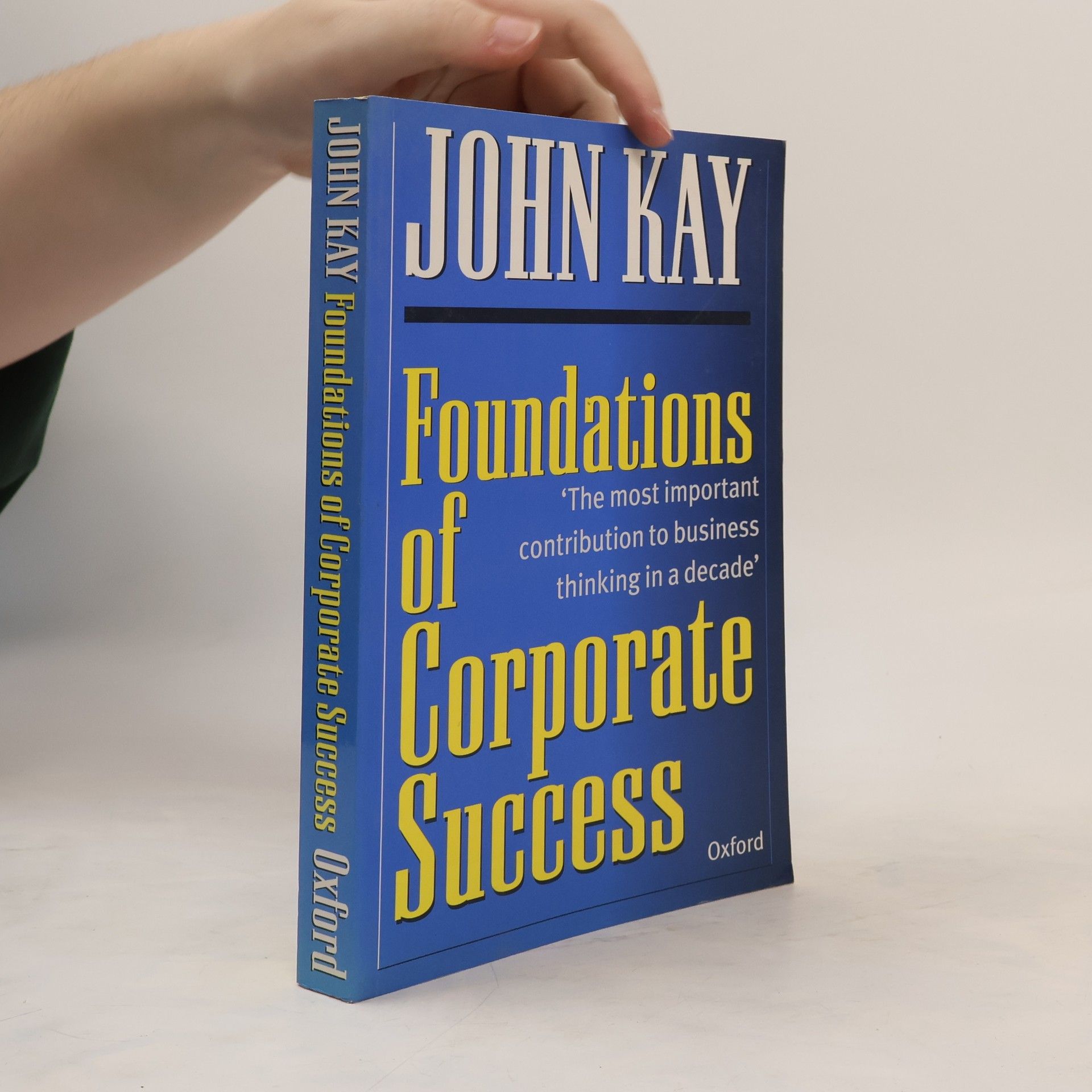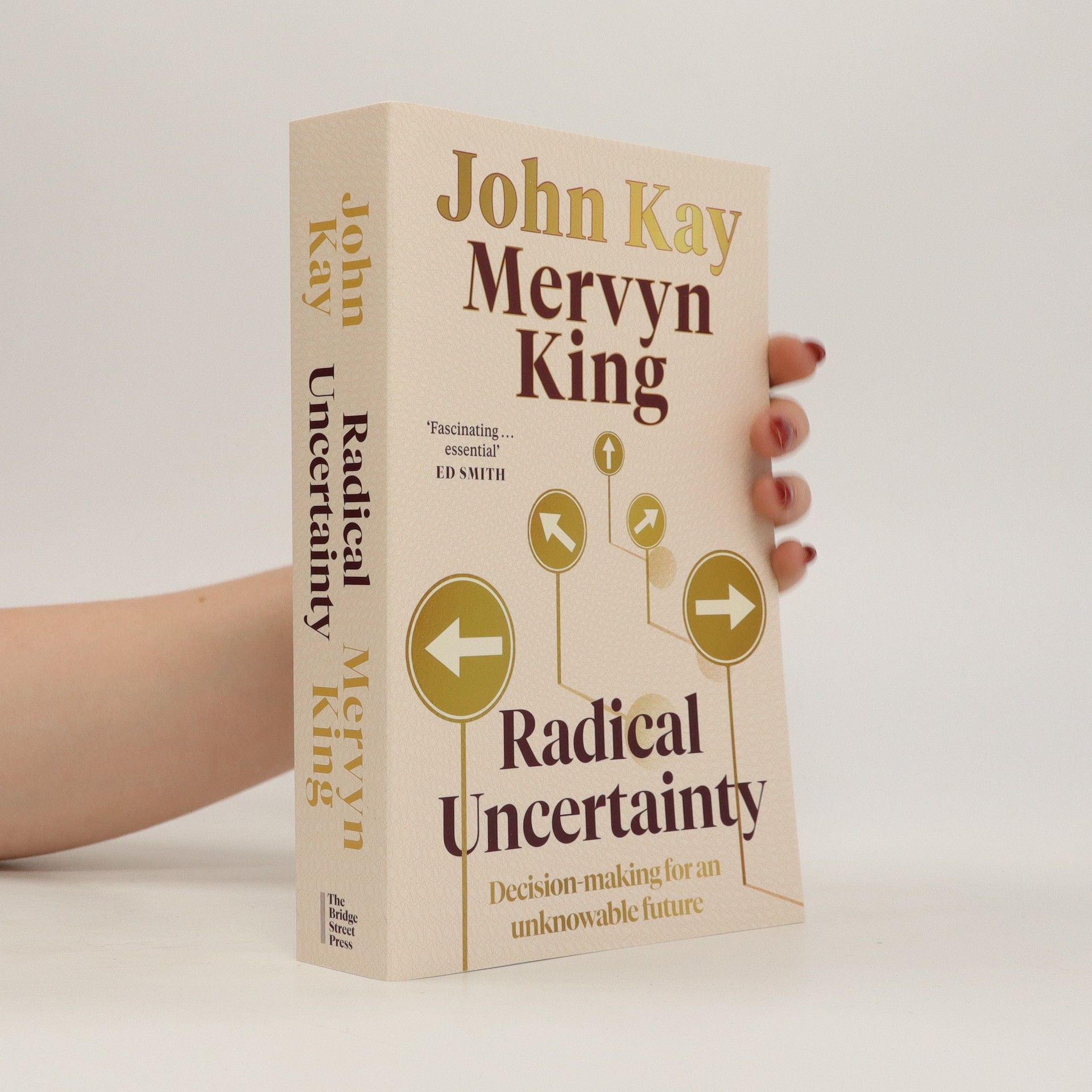Radical uncertainty
- 544pagine
- 20 ore di lettura
Uncertainty pervades the big decisions we all make in our lives. How much should we pay into our pensions each month? Should we take regular exercise? Expand the business? Change our strategy? Enter a trade agreement? Take an expensive holiday?We do not know what the future will hold. But we must make decisions anyway. So we crave certainties which cannot exist and invent knowledge we cannot have. But humans are successful because they have adapted to an environment that they understand only imperfectly. Throughout history we have developed a variety of ways of coping with the radical uncertainty that defines our lives.This incisive and eye-opening book draws on biography, history, mathematics, economics and philosophy to highlight the most successful - and most short-sighted - methods of dealing with an unknowable future Ultimately, the authors argue, the prevalent method of our age falls short, giving us a false understanding of our power to make predictions, leading to many of the problems we experience today.Tightly argued, provocative and written with wit and flair, RADICAL UNCERTAINTY is at once an exploration of the limits of numbers and a celebration of human instinct and wisdom.






